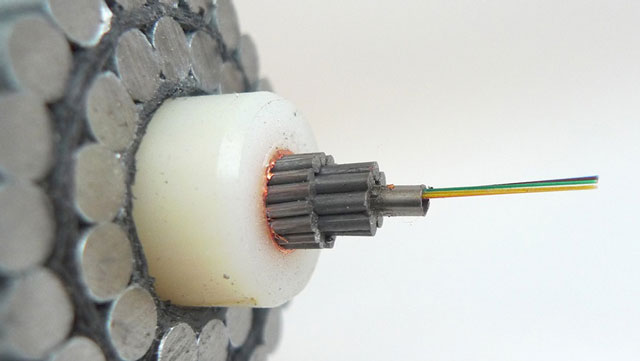
A super-fast new subsea telecommunications cable system, offering access between South Africa, the Middle East and Europe at speeds until now unheard of in the region, is to be built in the next two years.
Liquid Telecom said on Monday that a newly created and wholly owned subsidiary, Liquid Sea, has begun a project to build a new submarine cable system to connect Africa, eventually offering speeds of up 30Tbit/s.
A request has been issued for interested parties to bid for the project, Liquid Telecom CEO Nic Rudnick said in a statement on Monday. Liquid Telecom is owned by Econet, the pan-African telecoms business founded by Zimbabwean billionaire Strive Masiyiwa.
In the statement, Liquid Telecom said Liquid Sea will build a 10 000km subsea cable system from South Africa to the Middle East. “It will be connected to Liquid Telecom’s pan-African terrestrial network, enabling a reliable and affordable international connectivity service to landlocked and coastal countries in Eastern, Central and Southern Africa.”
Liquid Telecom said the project is already fully funded and it will take two years to construct the system.
“Liquid Sea will offer speeds of 20Tbit/s to 30Tbit/s, up to 10 times the capacity of existing submarine cables in the region.”
Rudnick said: “The impact of Liquid Sea will be a far more reliable and ultra-fast connection for governments, businesses, schools and homes in both coastal and land-locked countries across Africa.”
The cable will connect all coastal countries along the east coast of Africa and provide new connectivity to the Middle East and Europe, Liquid Telecom said.
It will follow a route similar to rivals Seacom and Eassy, also constructed along Africa’s eastern east coast in recent years.
“The project will include landing stations in several ports that are currently not served by existing subsea cables,” Liquid Telecom said.
“It will also leverage Liquid Telecom’s extensive terrestrial fibre network, the largest network of its kind in Africa, to provide onward connectivity to landlocked countries on the continent.”
The company said the project will “provide a step-change in the way Internet connectivity is regarded in Africa”.
“We will be able to leverage the new submarine cable and our terrestrial network to improve our offerings to carriers, enterprise customers and households throughout the continent,” said group chief strategy officer David Eurin.
“It is of utmost importance to us to create equal opportunities to people living both in coastal and landlocked countries, the latter being too often forgotten in large international projects of this kind.” — © 2015 NewsCentral Media




